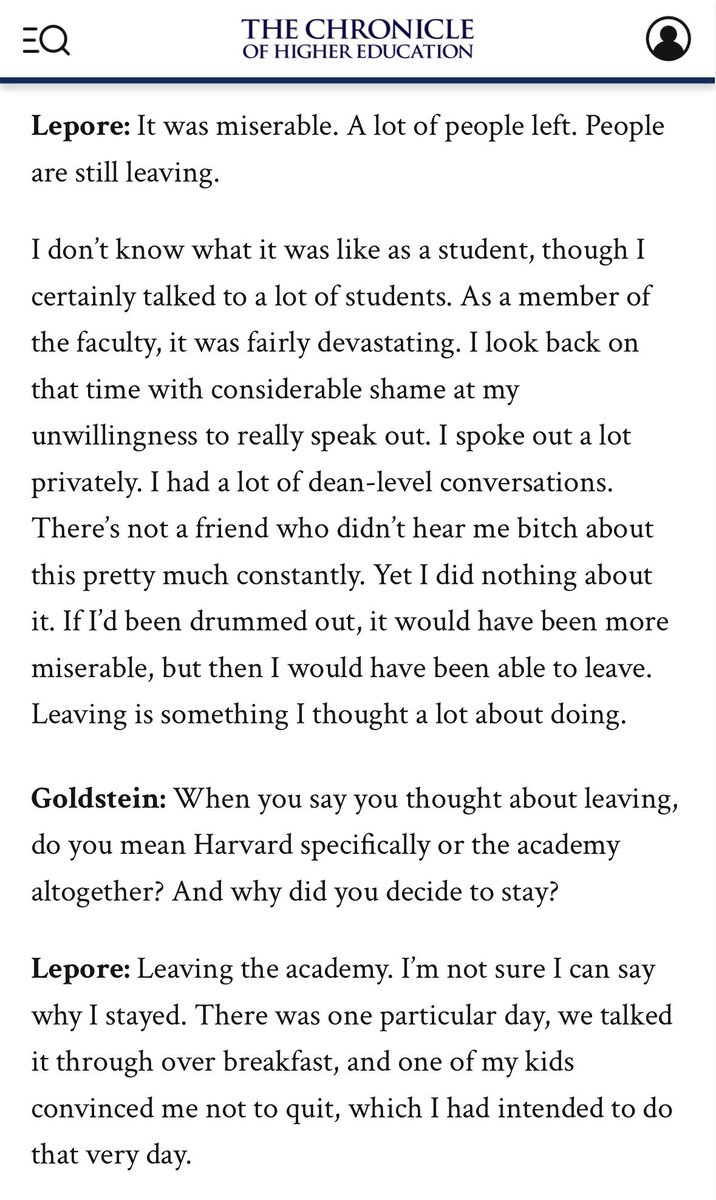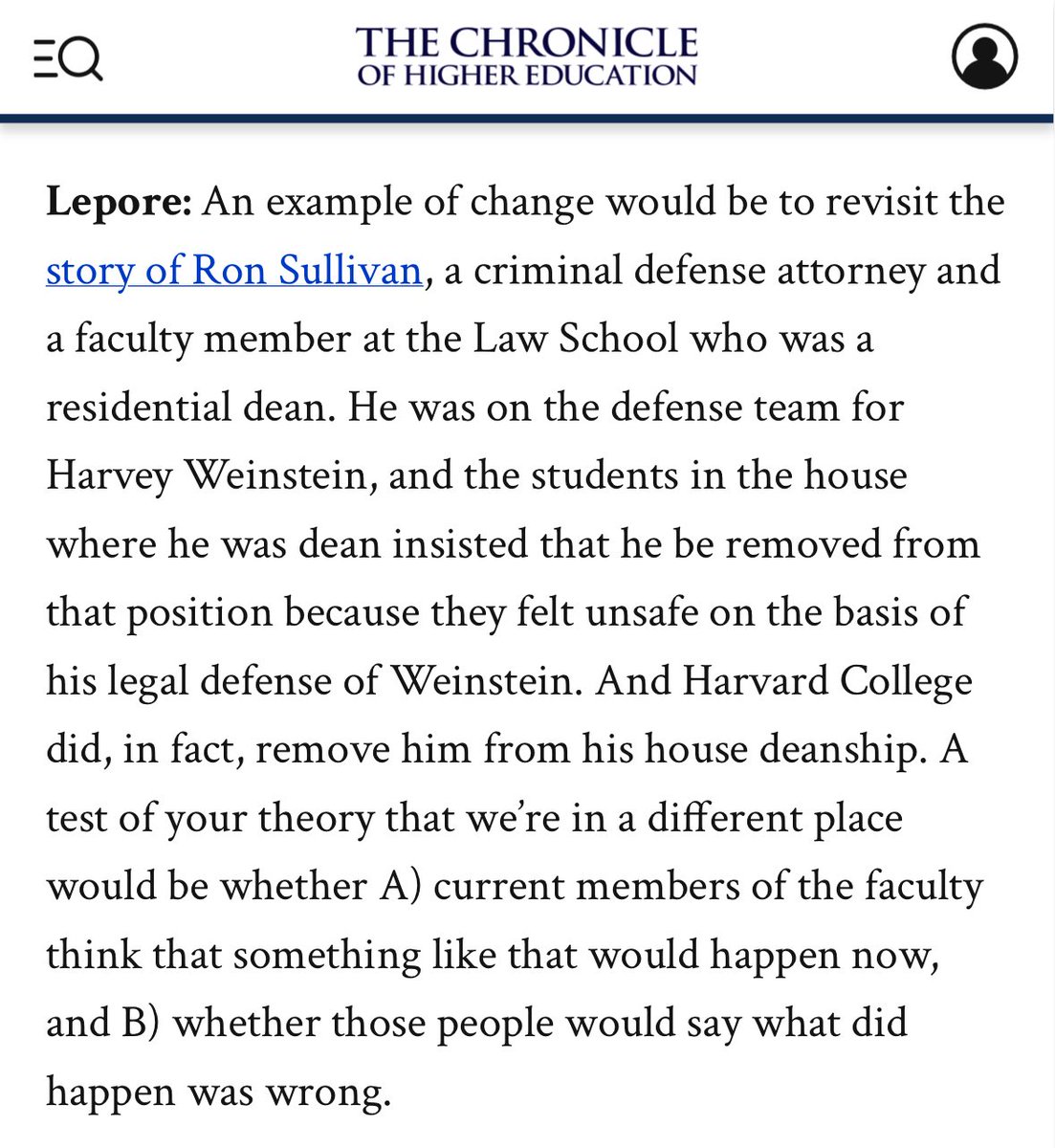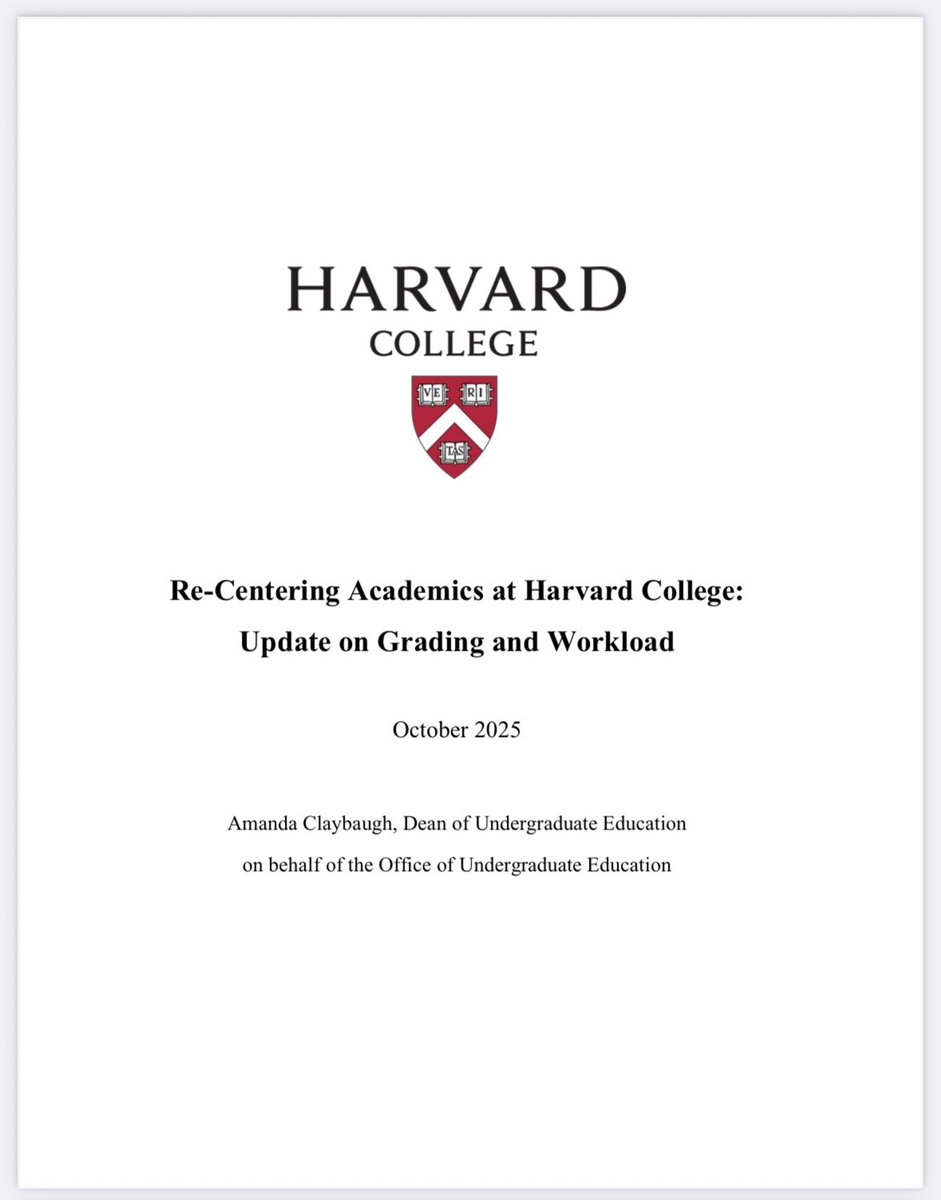BREAKING: The University of Michigan student government has impeached its anti-Israel president and vice-president for:
-incitement to violence;
-cyber theft; and,
-dereliction of duty.
The students are taking their government back.
🧵
-incitement to violence;
-cyber theft; and,
-dereliction of duty.
The students are taking their government back.
🧵

The impeachment comes after students outmaneuvered the activists running their government and restored funding for student activities:
https://twitter.com/sfmcguire79/status/1844355246686077188
This was the reaction after that vote:
@thestustustudio
@thestustustudio
The incitement to violence charge against the president concerns the lead-up to that meeting and the aftermath of the vote (seen above): 

The cyber theft charge accuses her of “stealing the Central Student Government Instagram account” by changing the password after the meeting: 

The dereliction of duty charge is the longest and alleges several failings on the part of the president — not submitting reports, misleading other members, failing to attend meetings, etc. 

Similar charges for incitement to violence and dereliction of duty (but not cyber theft) were filed against the vice-president: 



The executives (who call themselves “Shut It Down”) had earlier released a statement refusing to resign, saying “We occupy CSG not to maintain the system, but to dismantle it in pursuit of global liberation.”
Now it seems they’re being shut down, and their occupation will end.

Now it seems they’re being shut down, and their occupation will end.


• • •
Missing some Tweet in this thread? You can try to
force a refresh















